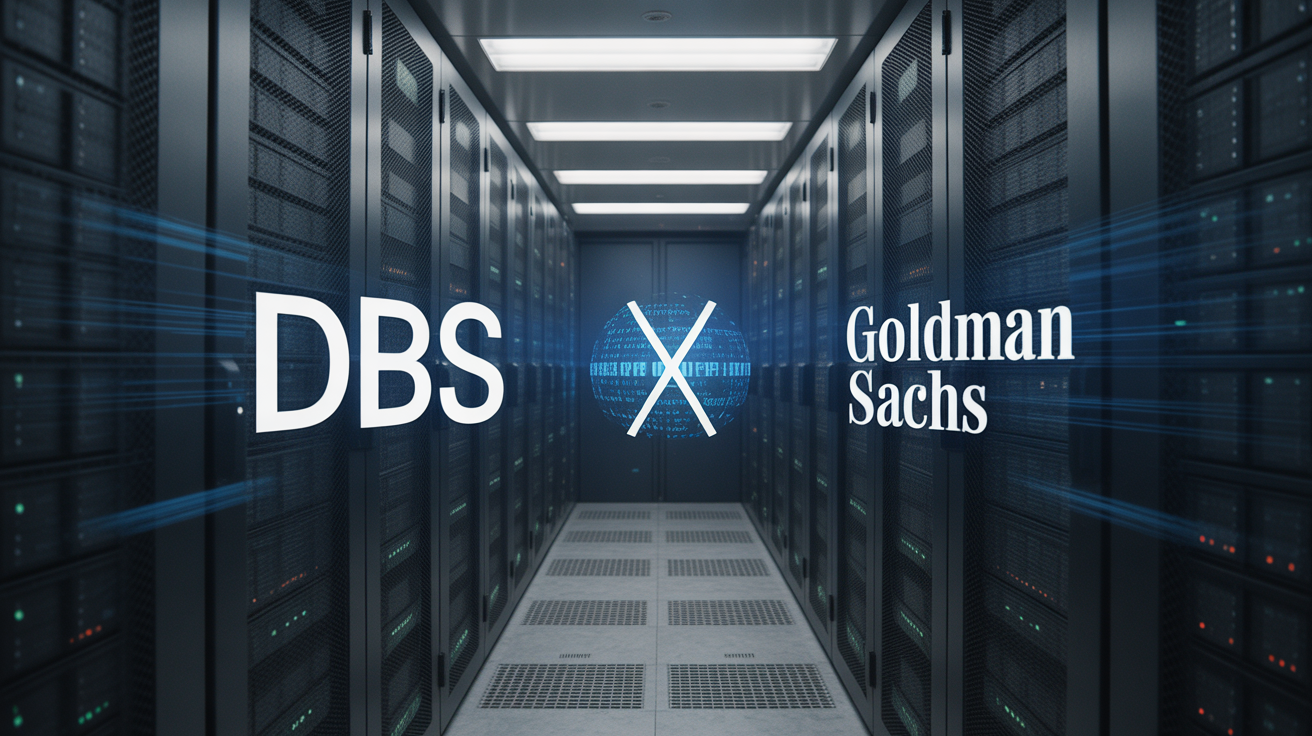In late 2024, Cango (CANG), a Chinese financial firm best known for providing automobile loans, made a surprising move into the bitcoin mining industry, positioning itself to become one of the world’s leading mining entities.
Based in Shanghai and with a market valuation of $363 million, Cango has set its sights on acquiring 50 exahashes per second (EH/s) of bitcoin mining power. Once this deal is completed, the company will rank among the largest bitcoin miners globally.
“We’ve surprised a lot of people in the bitcoin mining world because Cango isn’t a name that comes up in discussions about mining,” said Juliet Ye, Senior Director of Communications at Cango. “However, this is just the latest instance of Cango diversifying its operations—something we’ve been doing since we were founded in 2010.”
Cango’s entry into bitcoin mining hasn’t been cheap. The company paid $256 million in cash to acquire the first 32 EH/s of mining power from Bitmain, a leading manufacturer of bitcoin mining hardware. For the remaining 18 EH/s, Cango is issuing $144 million worth of shares to Golden TechGen—a company owned by former Bitmain CFO Max Hua—and other undisclosed sellers of mining equipment. As a result of the transaction, Golden TechGen and its partners will hold approximately 37.8% of Cango.
The decision to enter the bitcoin mining space has already paid off for Cango, with the company’s stock surging by more than 362% throughout 2024. Ye emphasized that the company has gained significant attention since its pivot toward mining.
“Before we got into bitcoin mining, it was difficult for a small to mid-cap Chinese firm listed in the U.S. to attract much attention,” Ye explained. “But now, people are taking notice, and we’re seeing a level of excitement around Cango that we’ve never experienced before.”
Although Cango is well-established in the automotive financing sector, the company has long been expanding into new markets. Aside from facilitating the export of vehicles from China, Cango made investments in Li Auto, a Chinese electric vehicle company, and explored ventures in renewable energy and AI-related high-performance computing. The company’s latest move into bitcoin mining seems to align with this diversification strategy.
“Bitcoin mining provides a unique opportunity to balance energy grids,” Ye noted. “Miners can pause operations during peak demand times, which can help regions like Texas manage grid stress during heatwaves or storms. We see this flexibility as an important feature of the industry.”
Bitcoin’s hashrate currently stands at around 823 EH/s, and once Cango’s 50 EH/s are online, the company will control roughly 6% of the network’s total computational power. To put this into perspective, Marathon Digital Holdings (MARA), the largest publicly traded bitcoin miner, had about 47 EH/s in November, while CleanSpark (CLSK) and Riot Platforms (RIOT) were operating at 32 EH/s and 26 EH/s, respectively.
The company’s management team explained that scaling operations was crucial to their entry into the mining space. “The current industry landscape is all about consolidation, with larger operations becoming dominant due to growing mining difficulty and the need for advanced hardware,” they stated.
Unlike many established mining companies, Cango is not yet directly operating its own mining facilities. Instead, the company has partnered with Bitmain to manage facilities, provide infrastructure, and ensure the smooth operation of its global mining operations. With rigs located in the U.S., Canada, Paraguay, and Ethiopia, Cango is focusing on building up its understanding of the industry’s norms and regulations.
“Although we’re entering with significant mining power, we’re still new to the industry, and we need time to learn and adapt,” said Ye. “That’s why we’ve decided to work closely with Bitmain and its team to ensure a successful launch and seamless operation of our mining fleet.”





